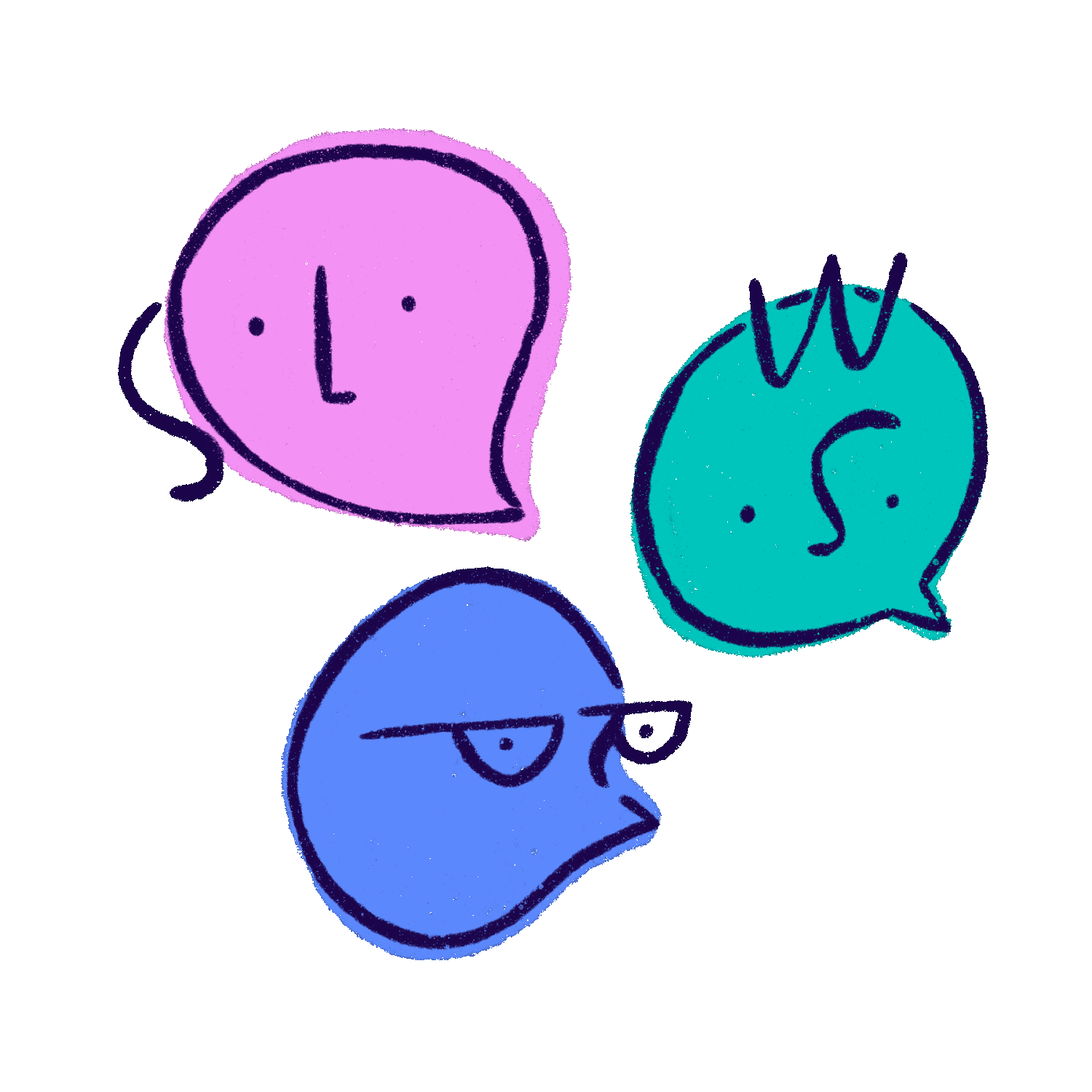Interview Spotlight- Advocacy Support Cymru
Every month we spotlight amazing organisations in Wales that are doing great things in the community. This month we are getting to know Advocacy Support Cymru including what services they offer and looking at ways they promote social inclusion, equality and social justice.
Tell us about Advocacy Support Cymru?
We are a charity that provides free, confidential, independent advocacy support to people in hospital settings and in the community who are under secondary mental health services across areas of South Wales. Advocates support people to understand their rights and discuss options regarding their mental health care and treatment and support service users to have their opinions heard.
What services do you offer?
We provide:
IMHA (Independent Mental Health Advocates) covering Cardiff and the Vale, Aneurin Bevan, Cwm Taf and Swansea Bay Health Boards. IMHAs can explain the rights to service users, help with complaints and support people in meetings. Putting forward the wishes of the service user regarding their mental health care and treatment.
IMCA (Independent Mental Capacity Advocates) covering Cardiff and the Vale, Aneurin Bevan and Cwm Taf Health Board areas. Supporting service users who lack capacity and have no-one relevant to support them, such as family or friends. The advocates ensure the wishes of the person and taken into consideration when the NHS is looking to make decisions such as provide or withhold serious medical treatment, propose a long term move. They can attend care reviews and provide support during safeguarding cases.
Community Advocates covering Cardiff and the Vale and Swansea Bay. Support for those living in the community or for psychiatric inpatients who require support for issues that do not relate to medication or treatment for their mental health.
Specialist Training: We also offer training to outside organisations:
ASIST (Applied Suicide Intervention Skills Training) – provide suicide first aid interventions
safeTALK: Suicide Alertness to Everyone
Talking Mats – increase communication skills by using picture symbols.
Who can access your services?
We provide our advocacy services to anyone who is in a hospital setting and being treated for a mental health condition. IMHA’s support people detained under the Mental Health Act or who are informal in a hospital setting, or in the community and under the Mental Health Act such as CTO, Guardianship or on Conditional Discharge, regarding their mental health care and treatment. Community advocates support people who are under secondary mental health services or who need to reaccess the community mental health team.
Our service is for people who have, or do not have, capacity and need support in speaking to the professionals who are making decisions about their care and treatment.
What are your tips for empowering people to communicate their needs and wishes to others who may have influence or power over their lives?
Firstly, and most importantly, we listen to our clients to hear what they want to say to those making decisions about their lives. We can provide options and explain their rights so they can make their own decisions, however, we do not give advice. This empowers our service users to make their own choices.
We communicate our service users’ needs in a variety of ways - we can attend meetings with service users or on their behalf and support them to put across their views, write letters, emails or speak over the phone and lately, attend video conferencing, whichever way the service user chooses us to support them.
How are the ways that ASC promotes social inclusion, equality and social justice?
ASC promotes social inclusion, equality and social justice in the way they employ staff and this is turn is carried forward with how the advocates treat service users.
Advocates promote fairness and equality supporting any eligible service users to communicate their wishes.
Advocates can use different techniques to engage with and understand the views of service users in order to support them. For example, when there are communication issues, we have advocates who speak Welsh, trained in Talking Mats, Makaton and BSL and we can access interpreters.
Advocates are also a safeguard for service users and will raise any concerns.
Where can people find you and what are your social media links?
Website in English: https://www.ascymru.org.uk/
Website in Welsh: https://www.ascymru.org.uk/cym
Twitter: ASC @AS_Cymru
Facebook: Advocacy Support Cymru

